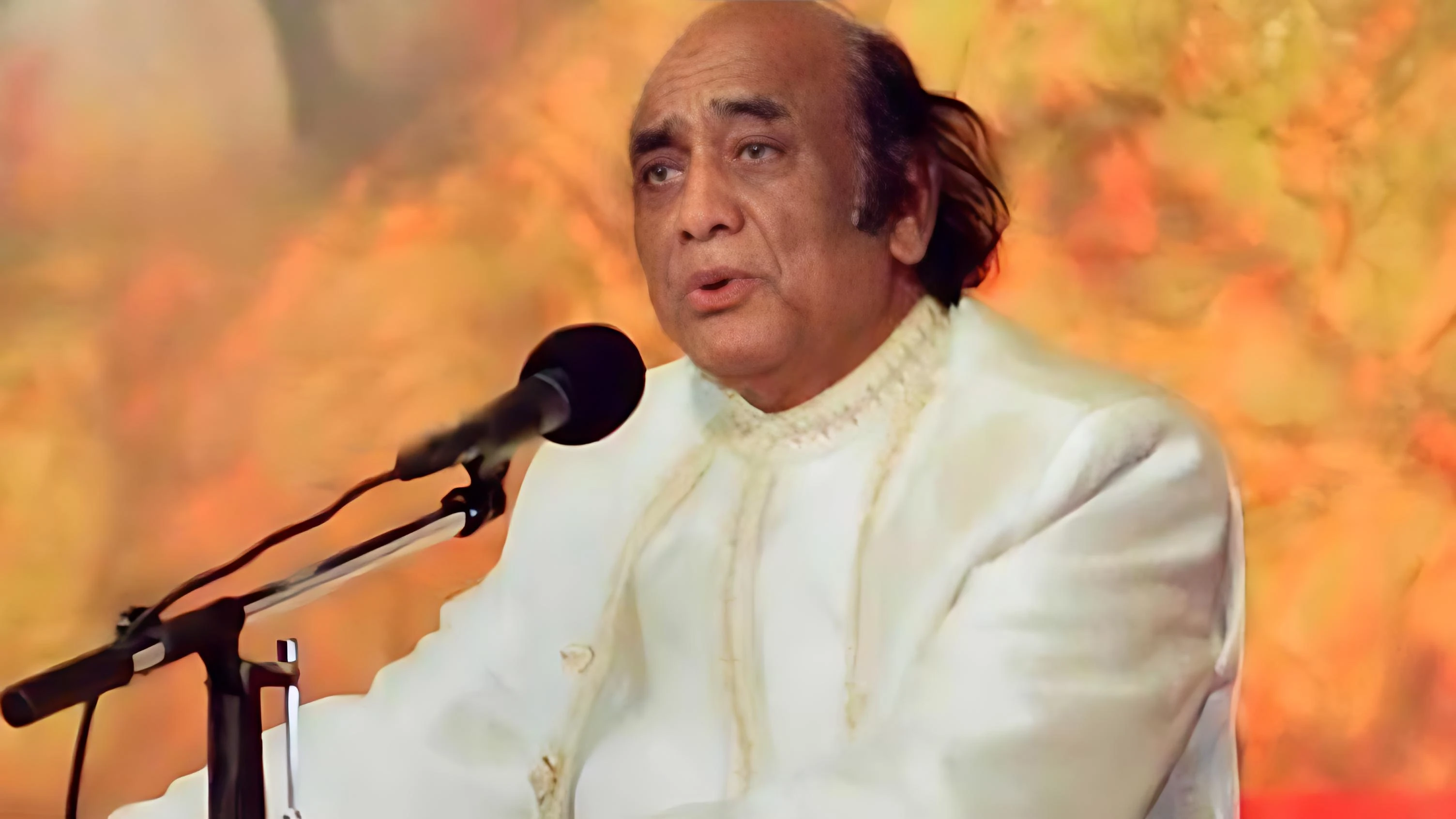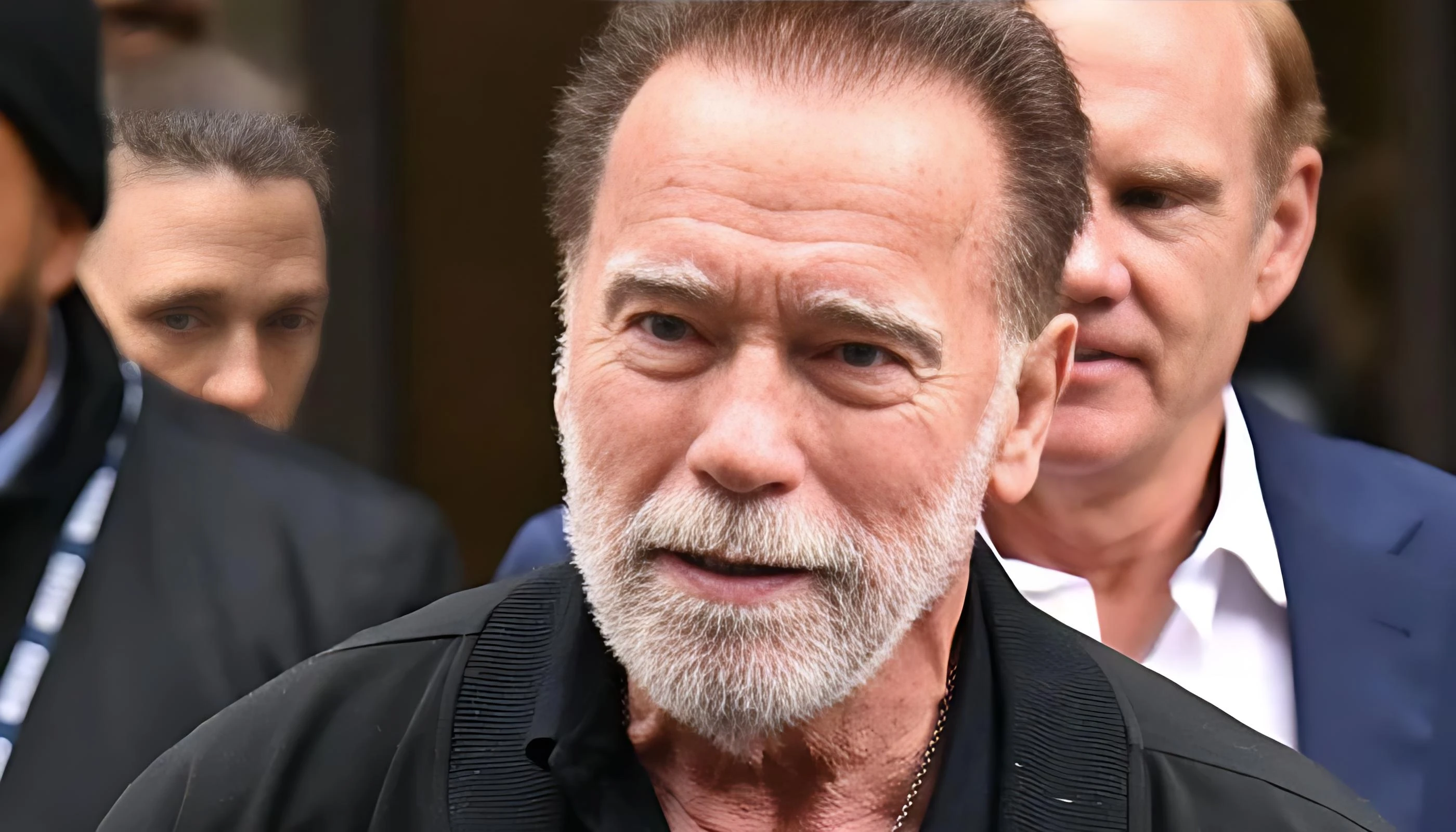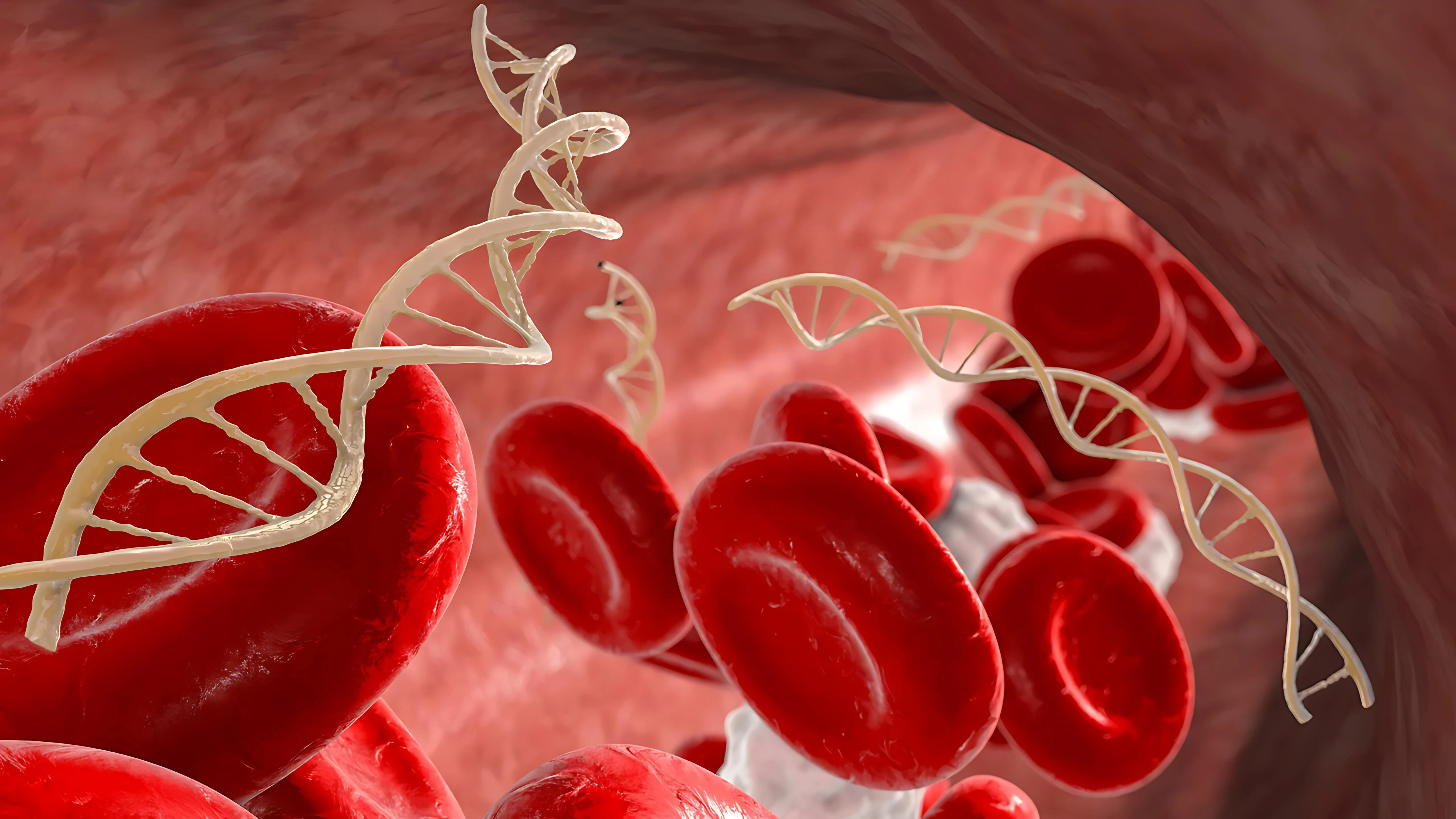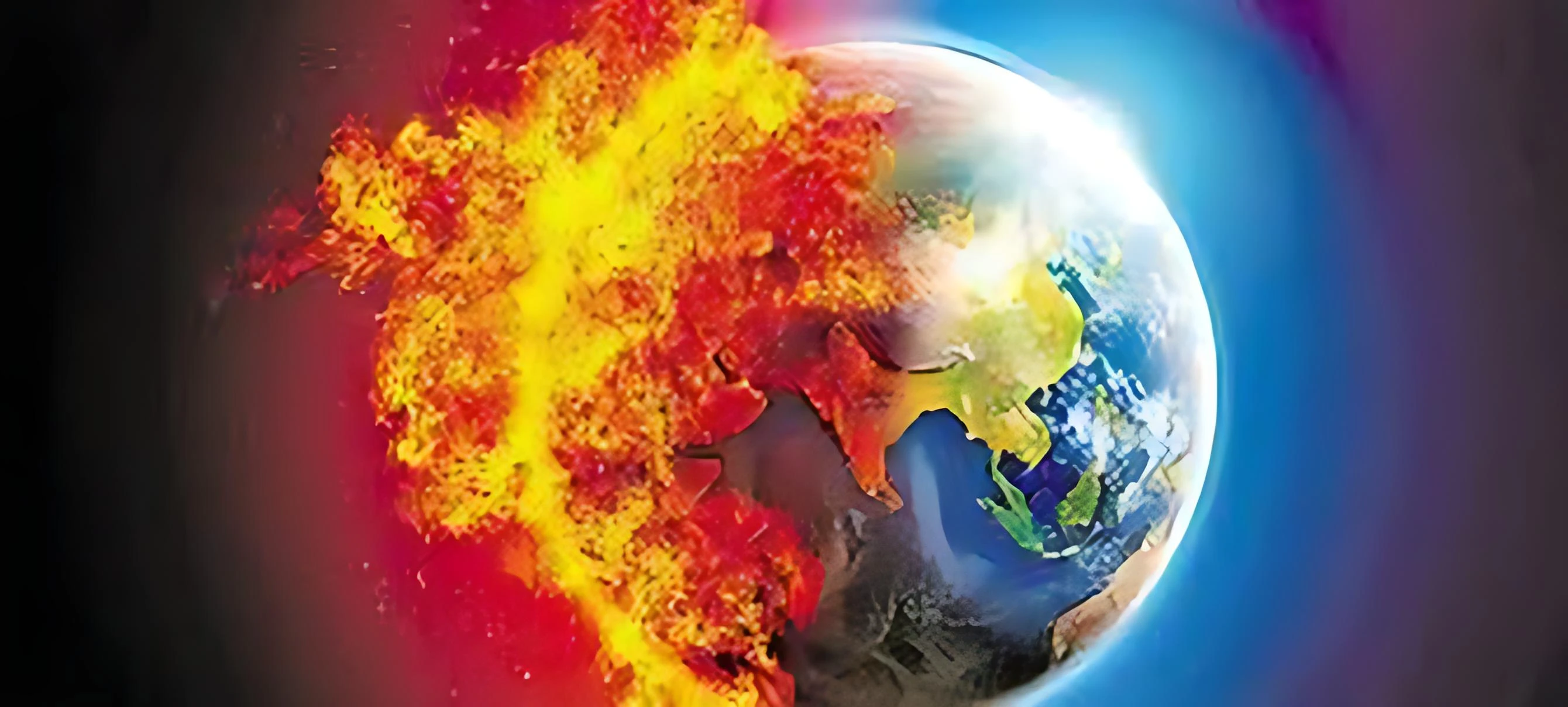Karachi: Today marks the 13th death anniversary of Shehenshah-e-Ghazal Mehdi Hassan, a legendary figure in South Asian music and widely regarded as the greatest ghazal singer of all time. Born on July 18, 1927, in Luna, Rajasthan (then British India), Mehdi Hassan mesmerized audiences across Pakistan, India, and beyond with his soulful voice and deeply emotive renditions of Urdu poetry.
Trained in classical music from a young age by his father, Ustad Azeem Khan, and uncle, Ustad Ismail Khan—distinguished musicians—Hassan laid the foundation for a remarkable career rooted in discipline and tradition. After migrating to Pakistan post-Partition, he began his professional journey at Radio Pakistan in 1957, initially performing Thumri, a semi-classical genre.
He became the undisputed maestro of ghazal singing, lending his voice to over 25,000 compositions and contributing to more than 300 Pakistani films. His timeless hits, such as Ranjish Hi Sahi, Patta Patta Boota Boota, Dil-e-Nadan, and Gulon Mein Rang Bhare, are still cherished by music lovers across generations.
Known for beautifully interpreting the poetry of literary icons such as Faiz Ahmad Faiz and Ahmad Faraz, Mehdi Hassan brought a new depth and elegance to the ghazal form. His artistry earned admiration from legends like Indian playback singer Lata Mangeshkar, who once said, “God speaks in his throat.”
Throughout his illustrious career, Mehdi Hassan was honored with numerous prestigious awards, including Nishan-e-Imtiaz, Tamgha-e-Imtiaz, Hilal-e-Imtiaz, and the Pride of Performance by the Government of Pakistan.
In 2018, Google commemorated his 91st birthday with a dedicated doodle in tribute to his contribution to music.
Mehdi Hassan passed away in Karachi on June 13, 2012, after a prolonged illness. His death left a profound void in the music world, but his legacy continues to thrive through his recordings, which remain a benchmark for aspiring vocalists and a source of solace for fans worldwide.








